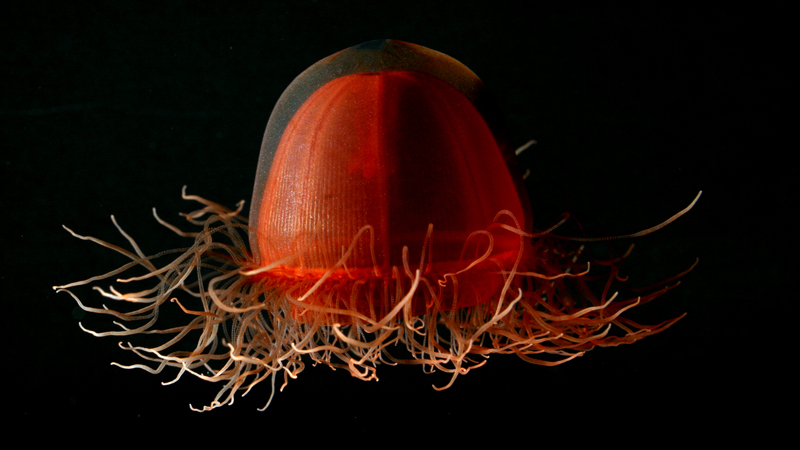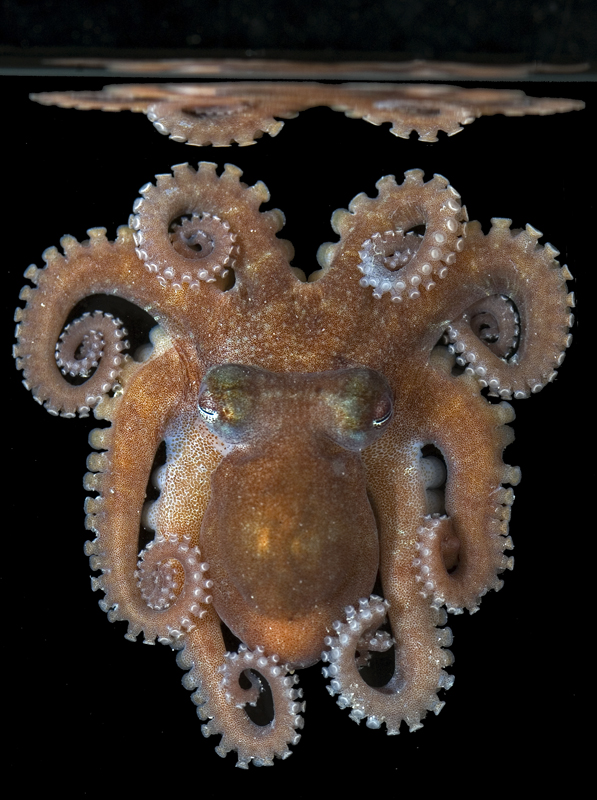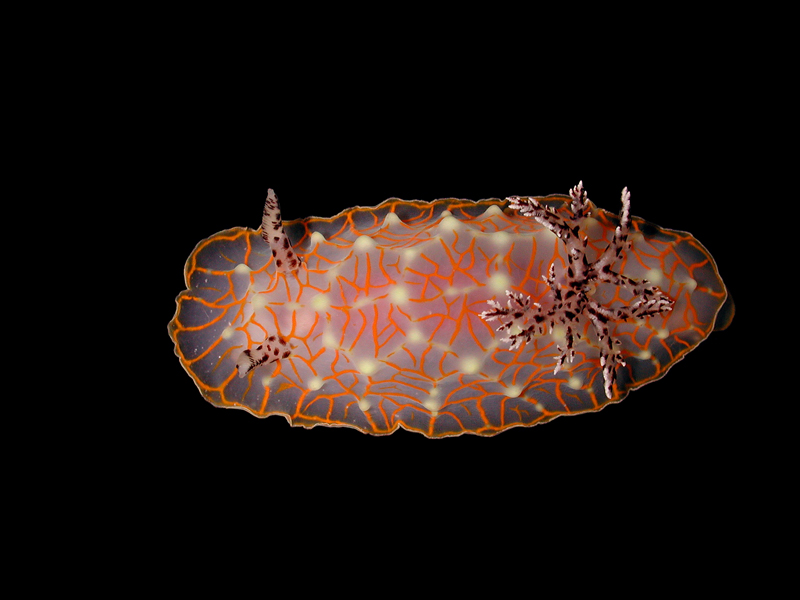Searching for ocean biodiversity
Interview with
Sarah - In our final milestone in the history of life in the Oceans - the Census of Marine Life.
 Jesse - The Census of Marine Life was the first cooperative global effort to assess everything that lives in the oceans from microbes to mammals, to the mud and sediment on the seafloor and the sea surface, and even the sea birds, from the tidal pools along the coast to the mid ocean.
Jesse - The Census of Marine Life was the first cooperative global effort to assess everything that lives in the oceans from microbes to mammals, to the mud and sediment on the seafloor and the sea surface, and even the sea birds, from the tidal pools along the coast to the mid ocean.
Sarah - That's Jesse Ausubel, one of the founders of the Census. So what drove him, and his partner in the Census Fred Grassle, to attempt such a huge project?
Jesse - There's tremendous concern in the oceans about what's known and what's unknown. What's know keeps changing of course because the environment is always fluctuating, because fishing is removing life, but we also know that most of the ocean maybe 90% is really unexplored in a serious, careful way for marine life. So, people have been talking about shifting baselines, well we know things were different in 1950 or 1850 or the year 1500 so the core group of us said maybe it's time for everybody all around the world to join together and really look in a big way, in an integrated, cooperative way, using the newest technologist, let's really try for the first time to create global baselines for all species, for all regions, and that was really our goal.
Everybody said to us your crazy but no one said don't do it.
Sarah - Over 6000 new species were described during the Census, and the first official list of all known species in the oceans was made - a list with over 250 thousand species on it, but that could be missing up to three times that number of species that we are yet to discover. There was also the discovery of an area in the Pacific just off the west coast of the United States now dubbed the 'Blue Serengeti', essential for migrations of dozens of large ocean species. If you want to know more about some of the discoveries of the Census, do check out our website, where we have interviews from some of the researchers involved.
official list of all known species in the oceans was made - a list with over 250 thousand species on it, but that could be missing up to three times that number of species that we are yet to discover. There was also the discovery of an area in the Pacific just off the west coast of the United States now dubbed the 'Blue Serengeti', essential for migrations of dozens of large ocean species. If you want to know more about some of the discoveries of the Census, do check out our website, where we have interviews from some of the researchers involved.
So what has been done in the last two years with all this information about the state of the oceans?
Jesse - Most of the nations of the world have signed the treaty called the Convention on Biodiversity, that keeps ratchet ting up and introducing stronger measures for conservation of biodiversity The work of the census provided the basis for the definition of areas that would be especially important to protect in the oceans, especially the high seas, the ecologically and biologically significant areas. And just a couple of weeks ago a the big meeting of politicians and managers involved with this global convention on biodiversity, a whole set of new marine areas were identified for protection.
Sarah - A step in the right direction for protecting the oceans. So how does it feel after ten years of hard work, and the release of results that have changed our understanding of life in the oceans and are helping to shape our protection it?
Jesse - Personally for me it was an incredible journey. I've learned enormous amounts, I've made many new friends and I had great adventures on ice floes in the Arctic Ocean and the Great Barrier Reef. But I think the 2700 people participating would tell you that the same that working together cooperatively we all did something that non of us alone or in a small group could have done, just the joy of discovery is immense but then the fact that the knowledge is valuable and can help life in the oceans, I think was also at least as gratifying.
 Sarah - Jesse Ausubel, one of the founders of the Census of Marine Life.
Sarah - Jesse Ausubel, one of the founders of the Census of Marine Life.
And that's it for our journey through the history of life in our seas. We've heard about early microbes altering the atmosphere of the early Earth, Neanderthals breaking open shellfish by the fireside and how global scientific collaboration can lead to extraordinary things.
- Previous Advances in cancer genetics
- Next Exploring the oceans










Comments
Add a comment